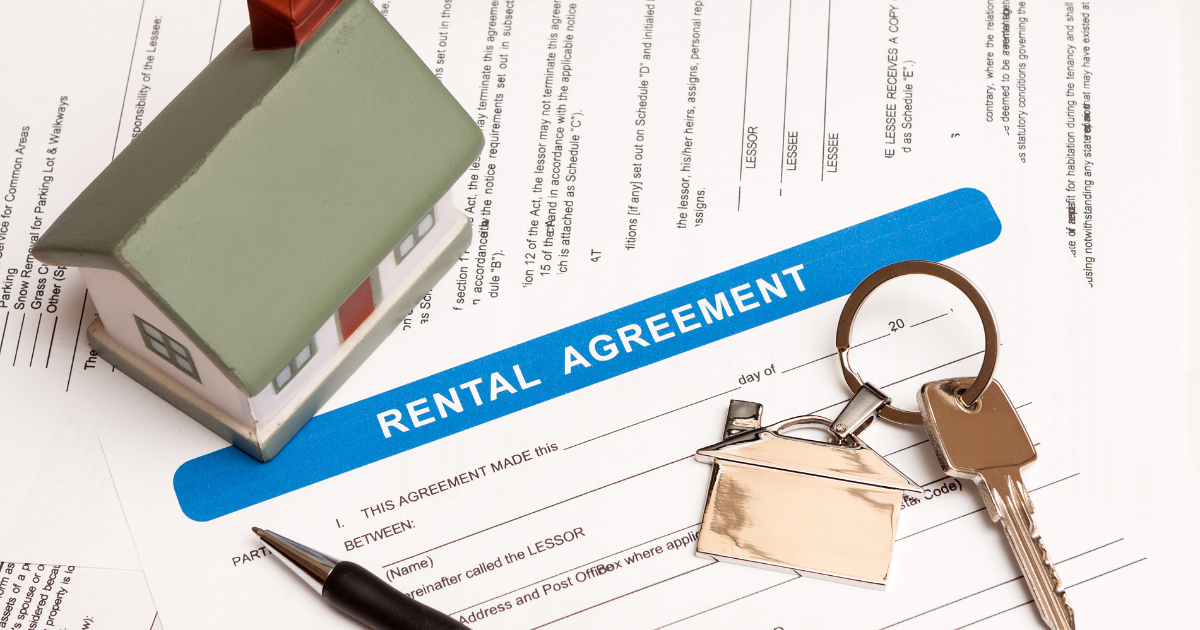Property investment can be a confusing minefield of acronyms and terminology, especially for beginners.
Understanding these essential terms in the Australian property market will boost your confidence during negotiations and ensure you make well-informed decisions.
Acquisition costs
Acquisition costs are the total expenses involved in purchasing a property, including:
- Stamp duty
- Legal fees
- Valuation fees
- The deposit
Body corporate
If you’re buying a unit or apartment, you will become part of the body corporate, which manages the common areas.
It’s like being part of a committee that decides how to maintain shared spaces, from gardens to the gym. You financially contribute to the upkeep and have a say in how things are run.
Capital gains tax (CGT)
CGT is the tax you owe the government when you sell an investment property at a profit. For example, if you bought a property for $600,000 and sold it for $750,000, the $150,000 profit is subject to CGT.
However, if you hold onto the property for over a year, you may qualify for a 50% discount on this tax.
Equity
Equity is the difference between your property’s market value and what you still owe on the mortgage.
For example, if your home is worth $800,000 and your mortgage balance is $500,000, you have $300,000 in equity.
Equity can be a powerful tool for future investments, allowing you to use the value of your current home or investment as a deposit for another property.
Off-plan
Buying an off-plan property means purchasing it before it’s been built, based solely on plans and designs. It requires a leap of faith but comes with significant advantages, such as:
- Stamp duty savings
- Greater potential for capital gains
- Potential depreciation benefits
Off-market
The term ‘off-market’ refers to purchasing an investment property that is not yet officially on the market for sale.
It’s like getting a backstage pass to view properties that meet your requirements before they are listed publicly.
Pre-approval
Getting pre-approval means your lender has agreed to lend a certain amount after reviewing your basic financial situation.
It’s not the final step, but it indicates that you’re financially ready to move forward with the purchase.
Rental Yield
Rental yield is the annual income as a percentage of the property’s purchase price. It’s a crucial metric to help you identify how well your investment is performing financially.
Settlement
Settlement is the process where the buyer pays the remaining balance of the purchase price and takes legal ownership of the property.
Essentially, it’s the final step in the property deal where everything comes together and you finally get the keys to your investment.
Stamp duty
Stamp duty is a tax paid on the purchase of property, varying based on the value and location of your investment. Always factor this in when calculating your investment property purchase.
Valuation
A valuation is an assessment of a property’s current market value, often conducted by a certified valuer.
It’s like getting an expert’s opinion on the worth of an item you’re planning to buy or sell, ensuring you’re not overpaying or underselling.
Whether you’re talking to lenders, negotiating with sellers, or planning your investment strategy, understanding the language of property investment will help you make smarter, more confident decisions.
*The information provided in this blog is intended for educational purposes and does not take individual circumstances into consideration. For personalised advice and information, please contact us directly.


